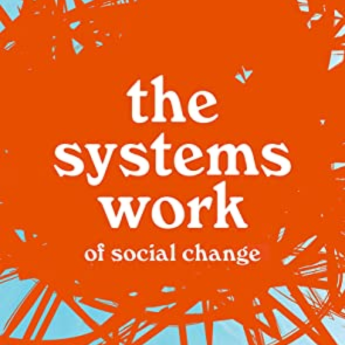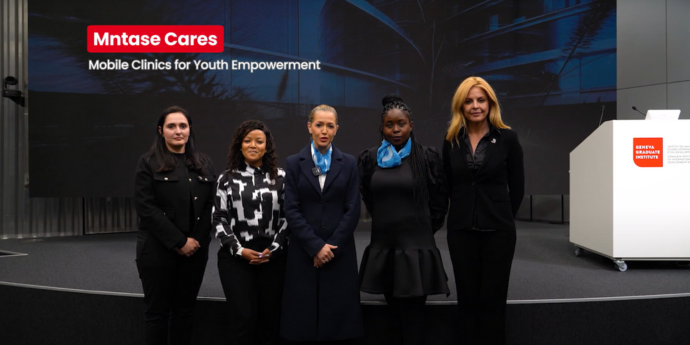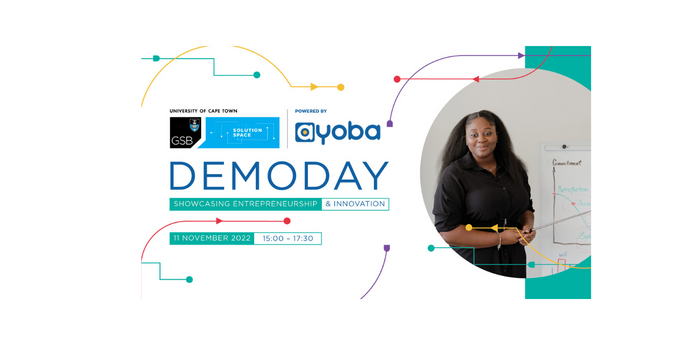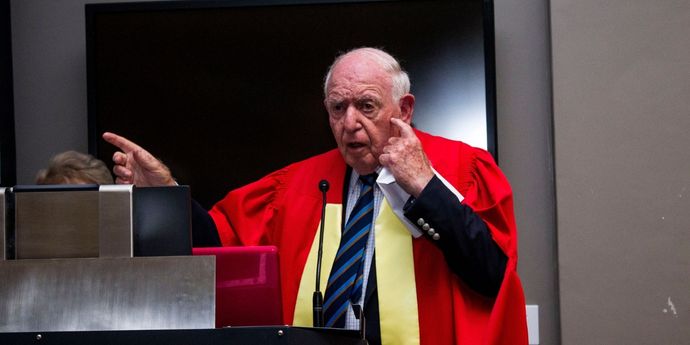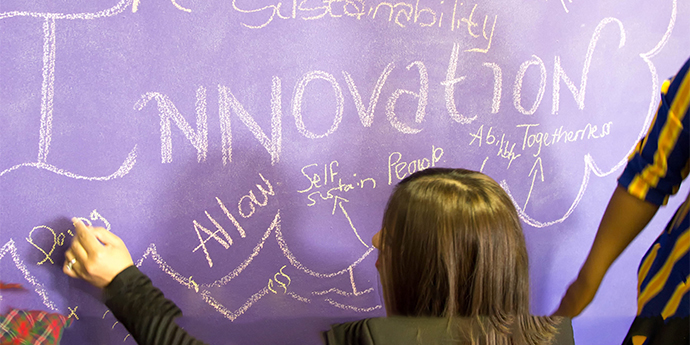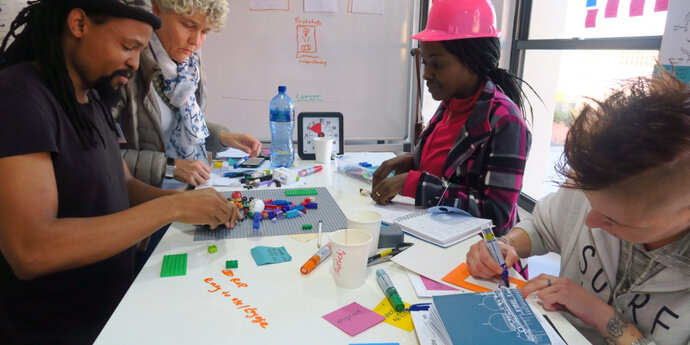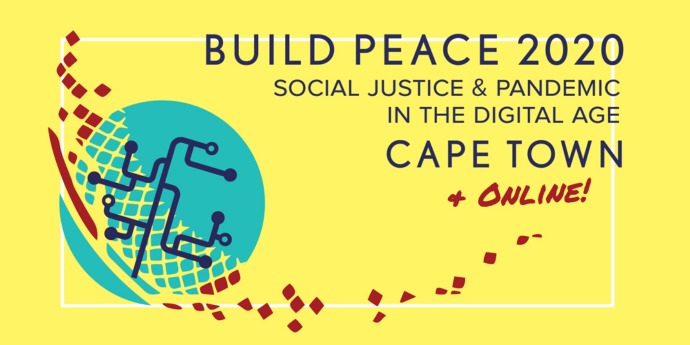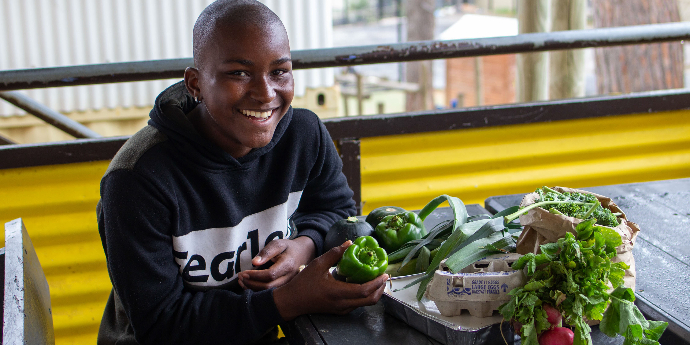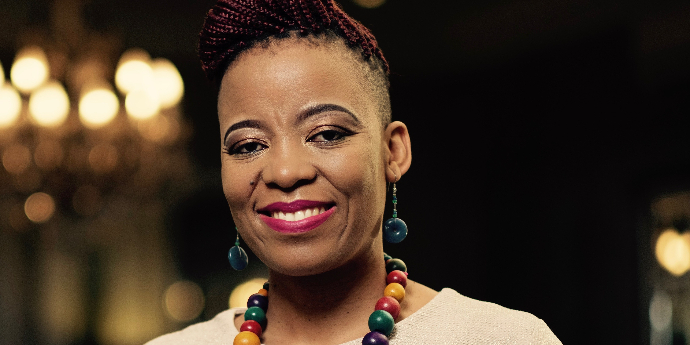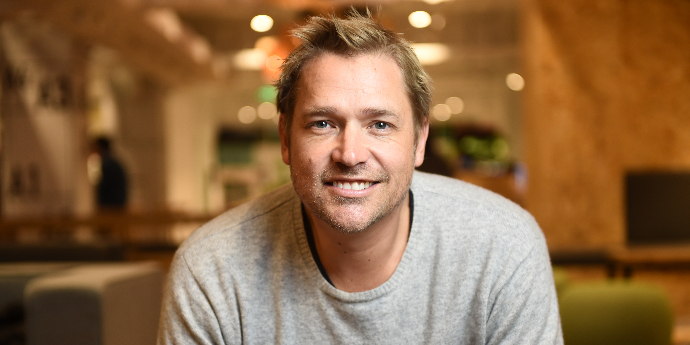The Systems Work of Social Change by Cynthia Rayner and François Bonnici, published by Oxford University Press, offers a fresh – and deeply hopeful – take on the age-old problem of how to change the world. This book takes a textured view of social systems by illuminating an overlooked source of deep social change: the quiet and often unglamorous work that is happening daily in organizations around the world that have found innovative ways to solve localized challenges.
The book is framed by a fundamental paradox: We live in a world where what Rayner and Bonnici call the “industry of social change” (which Peter Buffet famously termed the “charitable industrial complex”) has grown to be larger than the global finance industry, contributing, on average, 4.5 percent to GDP and employing 7.4 percent of the world’s workforce. Yet social systems remain stubbornly resistant to change.
Rayner and Bonnici argue that if we want change, it is perhaps self-evident that we need to approach things in a “radically different way”. But to do so, they caution, requires us to first understand things in a radically different way. Simply put, “the thinking that got us here, will not get us to where we want to go”. In seeking to understand and reimagine, Rayner and Bonnici distil 200 years of thinking that has shaped the social change movement and turn to the lived experiences of eight leading social purpose organizations and a host of social change practitioners on almost every continent for insights on how to do things differently.
The result is an exhilarating and revealing glimpse into how positive social change actually happens, on the ground, and the processes and practices to drive this. Rayner and Bonnici have surfaced a set of clear and pragmatic insights that will be useful for people grappling with solving the world’s problems large and small; a kind of "how-to" for working in social systems that is both subtle and profoundly game changing.
In many ways this book is a deeply personal journey, born out of a sense of growing unease that the work they were doing was, at best, naïve in its understanding of how change happens. Bonnici and Rayner met at the University of Cape Town Bertha Centre for Social Innovation and Entrepreneurship a decade ago – where Bonnici, a former medical doctor, was the founding director (he has since moved to head up the Schwab Foundation for Social Entrepreneurship) and Rayner was a senior researcher. Working in the tumultuous, unequal yet resilient society of post-apartheid South Africa, they found they had one foot in the world of institutional change-making and the other firmly planted in the “grassroots” work of social change.
Against this backdrop, they were approached by the Schwab Foundation to generate a new set of learnings from organizations tackling the same kind of complex, large-scale, and deep systemic problems they were encountering at the Bertha Centre. The Schwab Foundation hosts the world’s biggest community of accomplished social change leaders, while the Bertha Foundation supported networks of hundreds of social justice activists and social movements around the world.
This ignited a longer-term research engagement with the fundamentals of systemic change. Through the networks they had built with the organizations on the African continent, and globally through the Bertha Foundation and the Schwab Foundation, they spent five years exploring and studying dozens of social change organizations in greater depth than they ever had previously.
The book catalogues this journey, complete with the twists and turns of coming to terms with understanding the world of social change in a radically different way. The two ultimately conclude that systems cannot be “fixed” in the way that the industry of social change confidently sets out to achieve, but they can be changed through the systems work of organizations. They define this work as the day-to-day principles and practices that guide the actions of organizations and individuals as they undertake to change the systems and structures that cause deep problems to persist.
This work emphasizes process and people over outcomes and revolves around three key principles: connection (how people are working together), context (how people adapt their work to their context, and power (who makes the decisions).
“Through systems work, these organizations are engaging in day-to-day actions that acknowledge the depth of systemic problems. They are working to fundamentally alter the way a system functions in relation to change. They are ensuring that the people most immersed in the context of a social problem and who live it every day—the people we call primary actors in the system—are able to engage with the challenge in new ways. In this way, organizations are working within systems to make them function in more responsive and representative ways,” write Rayner and Bonnici.
“When we treat social change efforts with defined starts and ends, we nearly always feel frustrated, since our understanding of what needs to change is necessarily a moving target. However, by focusing on the process of change—asking critical questions such as who deserves who designs and who decides—we can move forward into the future with a greater capacity to adapt.”
Ultimately, this book fills the awkward and unspoken gap between the theory of systems change and the actual practical work that is required to get this done. As such, it has been welcomed by the sector as important and overdue, with Stephan Chambers, Director, Marshall Institute, London School of Economics and Political Science calling it a breakthrough book that “will guide those who work in and think about systems change for a generation.”
Rayner and Bonnici say that they hope that the book will enable practitioners to move from a recognition that things are complex to having a handle on the steps required to navigate this complexity purposefully. And Winnie Byanyima, Executive Director, UNAIDS in her endorsement of the book suggests that this is exactly what it will achieve: “Addressing inequalities and deep-rooted injustices in our society requires a clear vision of the world we want and a process to get there. In The System Work of Social Change, Cynthia and François clearly articulate the key lessons and principles by which we can get there. A must read for those who believe that together we can build a better world!”

